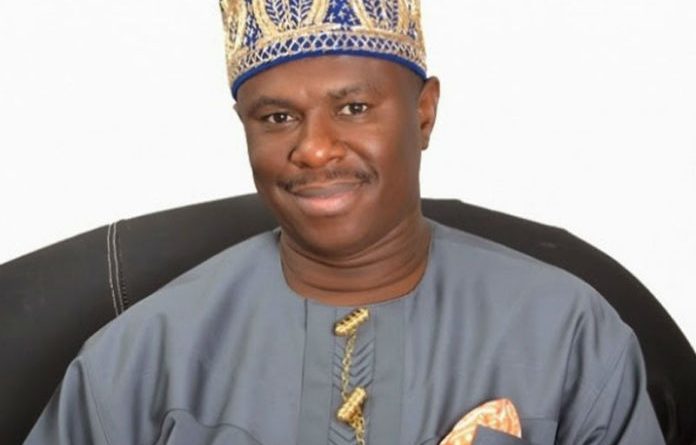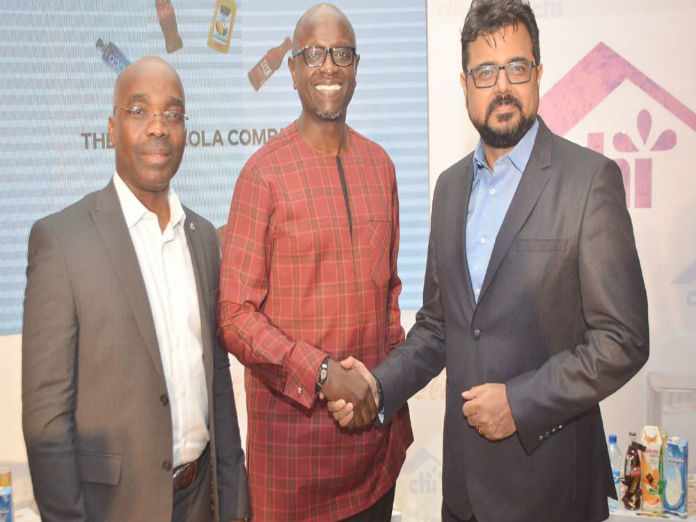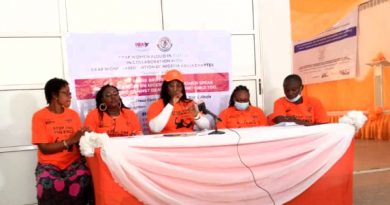What Dakuku said during the EFCC Anti Corruption Walk
Oru Leonard
The Economic and Financial Crimes Commission in collaboration with the Nigerian Maritime Administration and Safety Agency, NIMASA and some organisations in the transportation sector, on Monday December 9, embarked on road walk to sensitize the public on the dangers of corruption.
Speaking to journalists in an interview during the anti corruption walk, The Director General of NIMASA, Dr Peter Dakuku acknowledged that the activity will help to make a lasting impression in the minds of the people.
According to him, “This walk is to join the rest of the world to mark the anti corruption day and to sensitize the citizens on the negative impact of corruption to development.
“This year, the anti corruption agency(the EFCC) and agencies in the maritime sector are focusing on the maritime sector.
“We are focusing on maritime because we are a country that depends on import and export for survival and by extension for growth. 90 percent of our exports leave this country via sea borne transportation, 90 percent of the import that come into this country come through sea borne transportation. What it means is that commerce for our country or trade (imports and exports) depends on sea borne transportation.
“It also means that sector, is strategic to the economic life of our country, it’s simply a face that the sector is critical to the living standard of our people, to employment of our people and indeed for growth in our nation.
“If the sector is riddled by corruption, it affects the cost of goods and services, there is always an opportunity cost for corruption.
“Corruption normally benefit a narrow few and makes lots of us suffer, that is why we are making efforts to raise consciousness, awareness on the negative impact of corruption especially in the maritime sector, a sector that is strategic to the life wire of our country.
Dakuku continued, “As you know, corruption manifest in many forms, it includes the fact that you pay for services and you don’t get those services, it includes the fact that you have to pay to get licences, permit which is not allowed, it adds to the cost of goods and services.
“When you pay outside what is the official rate to obtain licenses and other permit or to speed up the process of licenses and permits it includes the fact that ultimately the Nigerian people will pay for it.
“And so when you see corruption you think it is between two persons you don’t know that the ultimate consumer of the good is also paying for that corrupt act that has taken place either at the port or in the process of clearing the goods or at any port”.
Dr Dakuku who later participated in the panel discussion of the summit themed “Say No To Corruption, Every No Counts”, urged all to support the EFCC by doing the right thing at the right time and exposing corruption at all levels.




